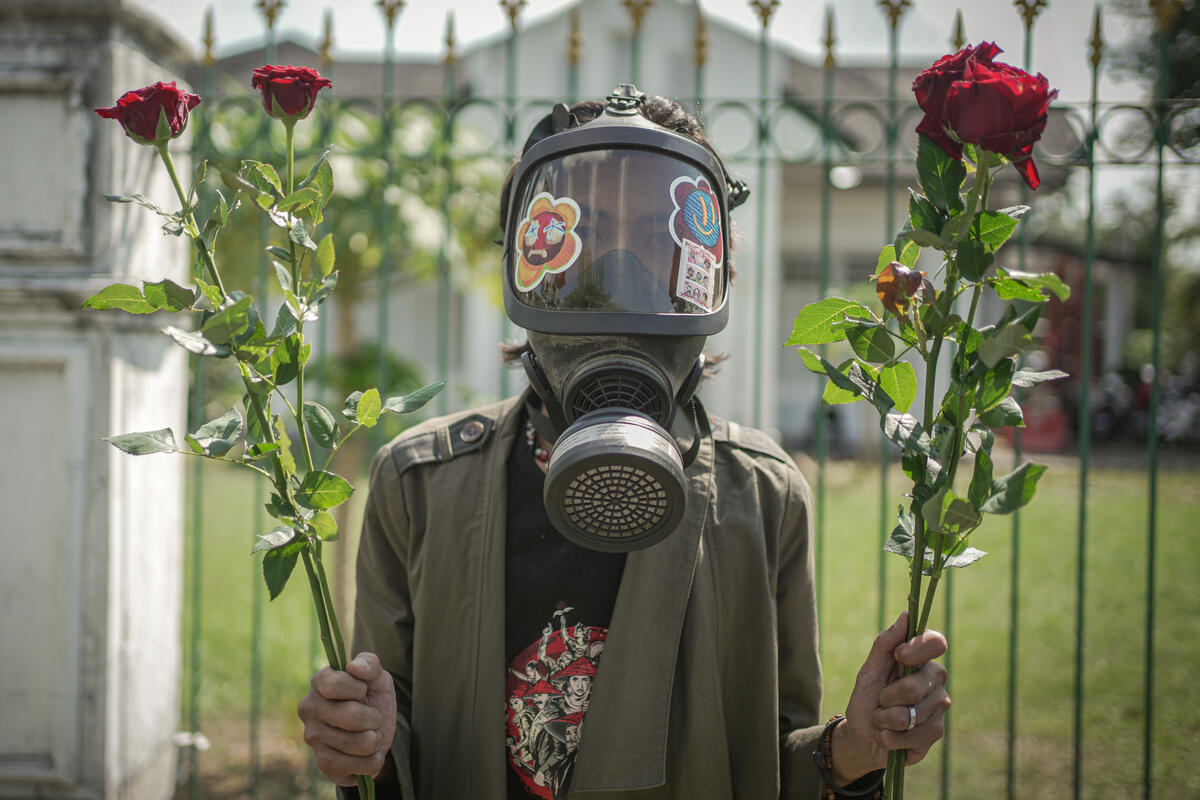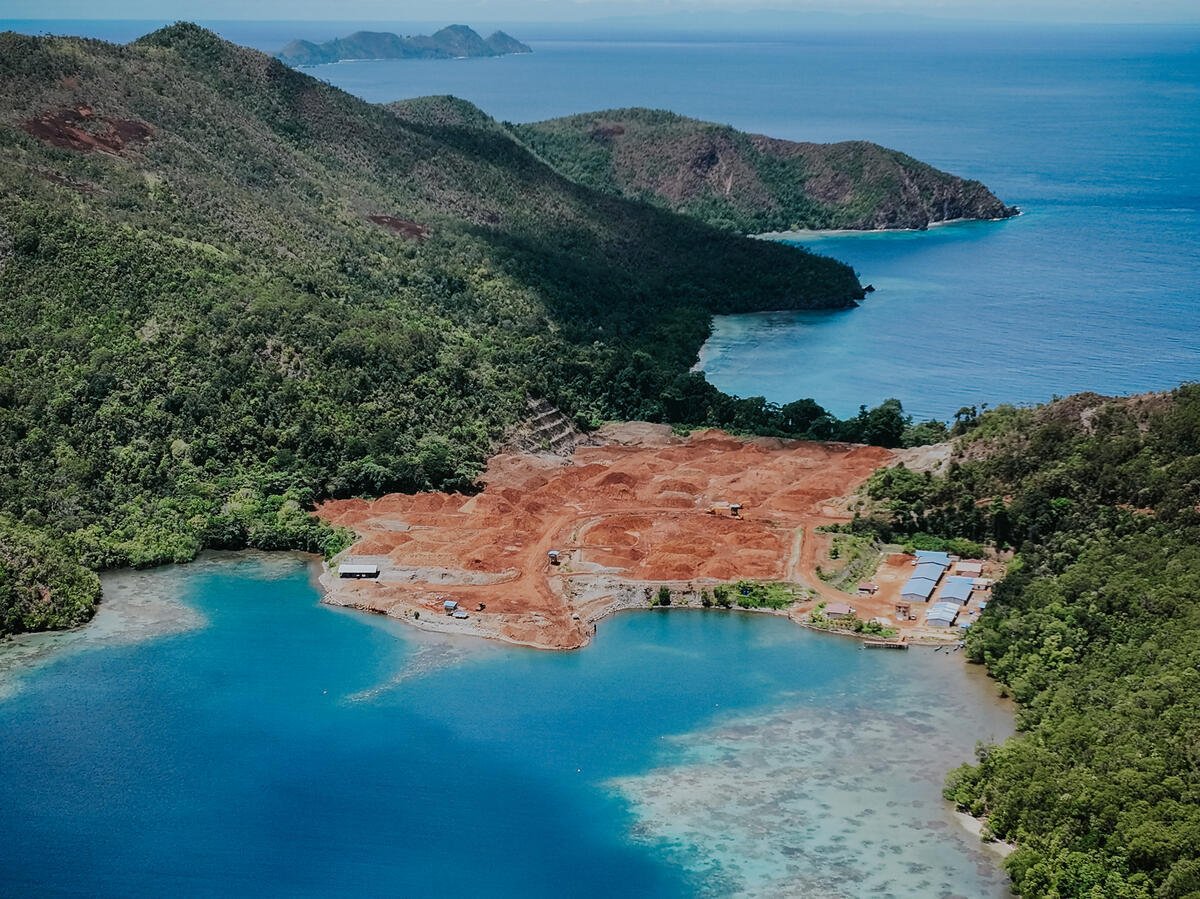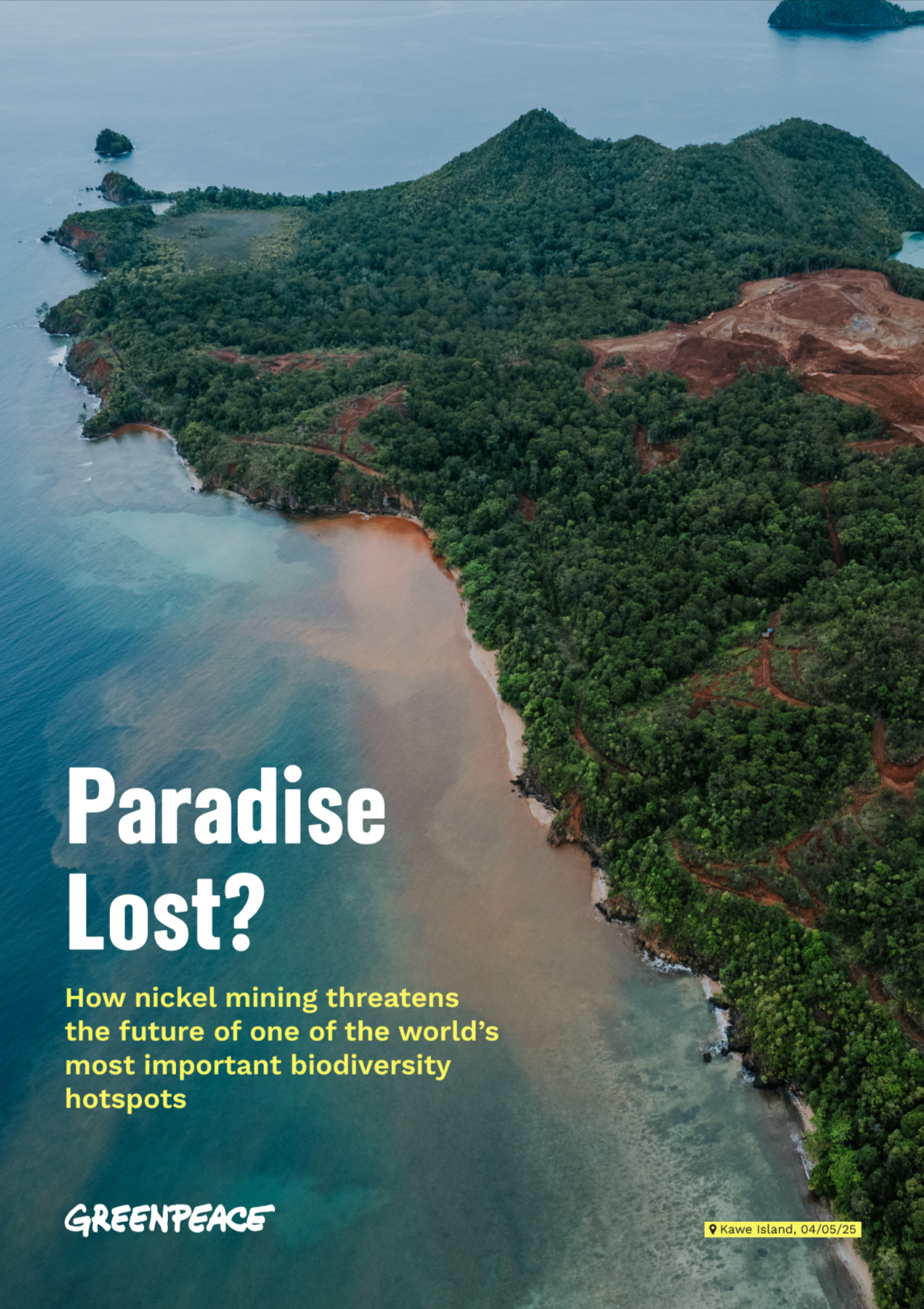Jakarta, 21 November 2024 – At long last shared ownership has been acknowledged between Indonesia’s Asia Pulp & Paper and Canada’s Paper Excellence (now known as Domtar), via a statement made to European anti-monopoly regulators.
For many years NGOs have been providing evidence that both APP and Paper Excellence/Domtar are a part of the Sinar Mas group, under the common ownership and control of the Widjaja family, which is worth an estimated $10.8B. This announcement therefore simply confirms the status of the APP-Sinar Mas-Paper Excellence corporate group. Nevertheless, as recently as late 2022 in response to the joint NGO ‘Papering over Corporate Control’ report, Paper Excellence and APP denied that they were part of the same corporate group.
Kiki Taufik, Global Head of Greenpeace Indonesia’s Forest Campaign said: “Following this statement, finally the status of APP and Paper Excellence being part of one group will be undeniable. The Forest Stewardship Council will not be able to keep its eyes shut to the fact that the same money behind the Widjaja family’s Sinar Mas Group was used to buy Paper Excellence, which the FSC was denying as recently as June this year.”
This has considerable implications for APP’s process of trying to get back into the Forest Stewardship Council, after being kicked out in 2007 following FSC accepting evidence from NGOs of large-scale deforestation. The scope of companies to be included in the FSC Remedy Framework process to address past environmental and social harms, and for consideration under the FSC Policy for Association, will now be expanded to include all the Paper Excellence/Domtar companies. Additionally, FSC certificates held by Paper Excellence/Domtar will now need to be terminated with Paper Excellence/Domtar now formally confirmed as the same group as APP-Sinar Mas that has been disassociated from FSC.
“Oligarchs will play hide and seek with their assets as long as we let them carry on. It is left to interested parties to proactively uncover the true extent of the shadow empires that control our forestlands and other natural resources. Where there is reasonable cause to believe that a corporate group includes companies engaged in environmental and social harms, then actions by financiers, regulators and certification bodies should be guided by the precautionary principle to ensure investment or regulatory decisions do not contribute to that harm,” Kiki said.
“The Widjajas are not alone in employing this strategy, others have played this game with powerful incentives to do so in terms of minimising taxes and avoiding responsibility for deforestation across the true reach of their operations. How long will they be allowed to carry on this way?”
Notes to editors
Media contact
Igor O’Neill, Greenpeace Indonesia Forest Campaign +61 414-288-424 [email protected]



